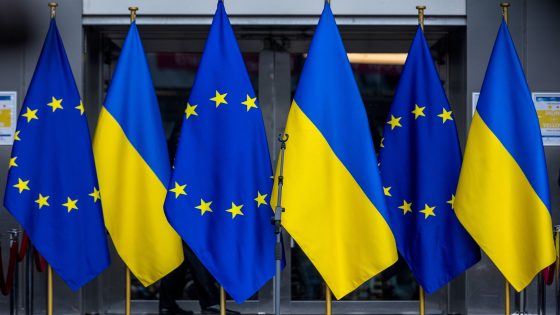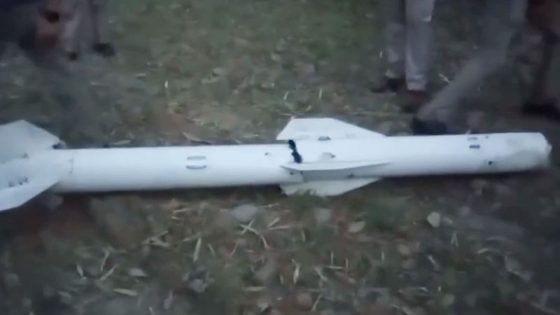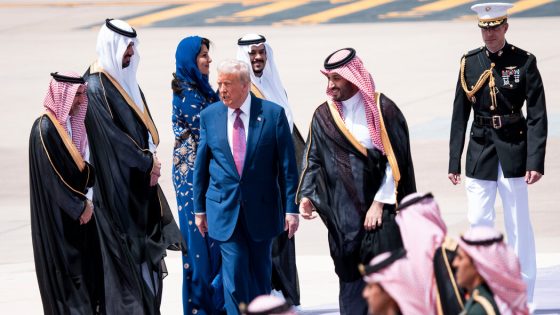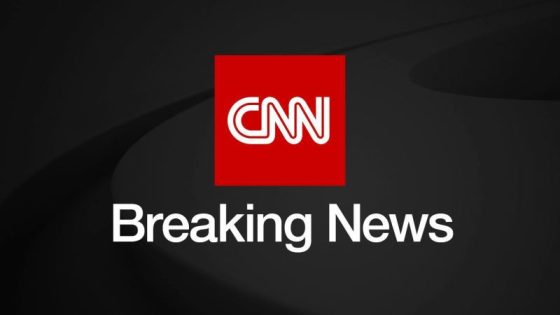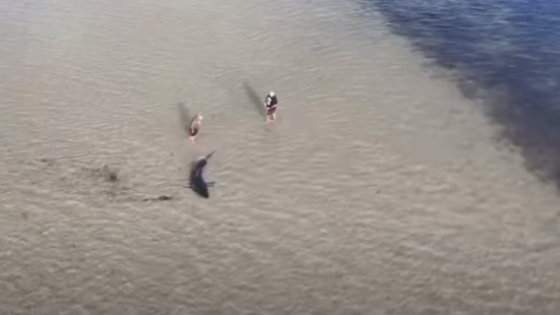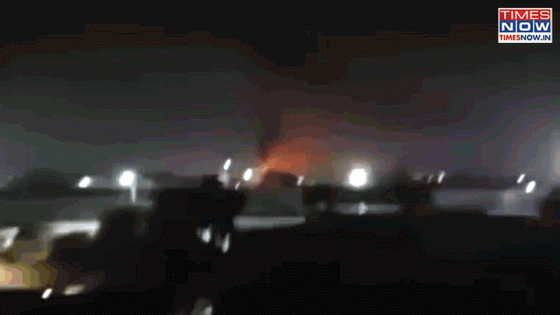On May 14, 2025, the EU ambassadors solidified their commitment to global security by agreeing on the bloc’s 17th package of sanctions against Russia. This latest move primarily targets Russia’s shadow fleet of oil tankers, which has been instrumental in circumventing Western sanctions.
- EU sanctions target Russia's shadow oil fleet.
- Measures include sanctions on 200 ships.
- Focus on countering propaganda and sabotage.
- Disinformation spreaders face additional sanctions.
- Romania's presidential candidates are closely matched.
- Election reflects anti-establishment sentiments.
European Council President Antonio Costa emphasized that this decision sends a strong signal of unity in support of Ukraine. The sanctions aim to disrupt nearly 200 ships and 30 companies involved in sanctions evasion, alongside targeting individuals linked to the Russian military-industrial complex.
As the EU intensifies its sanctions, one must ask: How effective will these measures be in curbing Russia’s actions? The broader implications of these sanctions could reshape international relations and energy markets. Key points include:
- Targeting of Russia’s shadow fleet to enforce compliance with price caps.
- Sanctions against disinformation campaigns and individuals undermining democratic processes.
- Legal frameworks established to counter hybrid threats, including sabotage.
As the situation evolves, it’s crucial for nations to remain vigilant and collaborative in addressing these challenges. Will other countries follow the EU’s lead in imposing similar sanctions?



